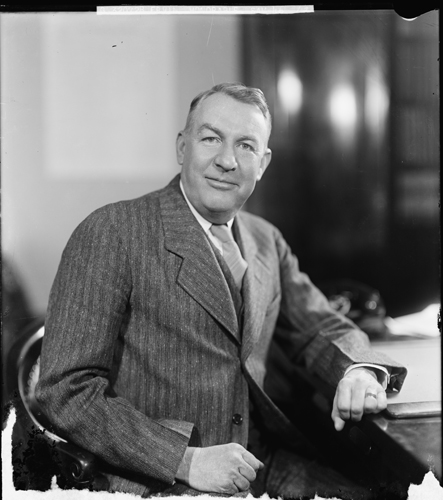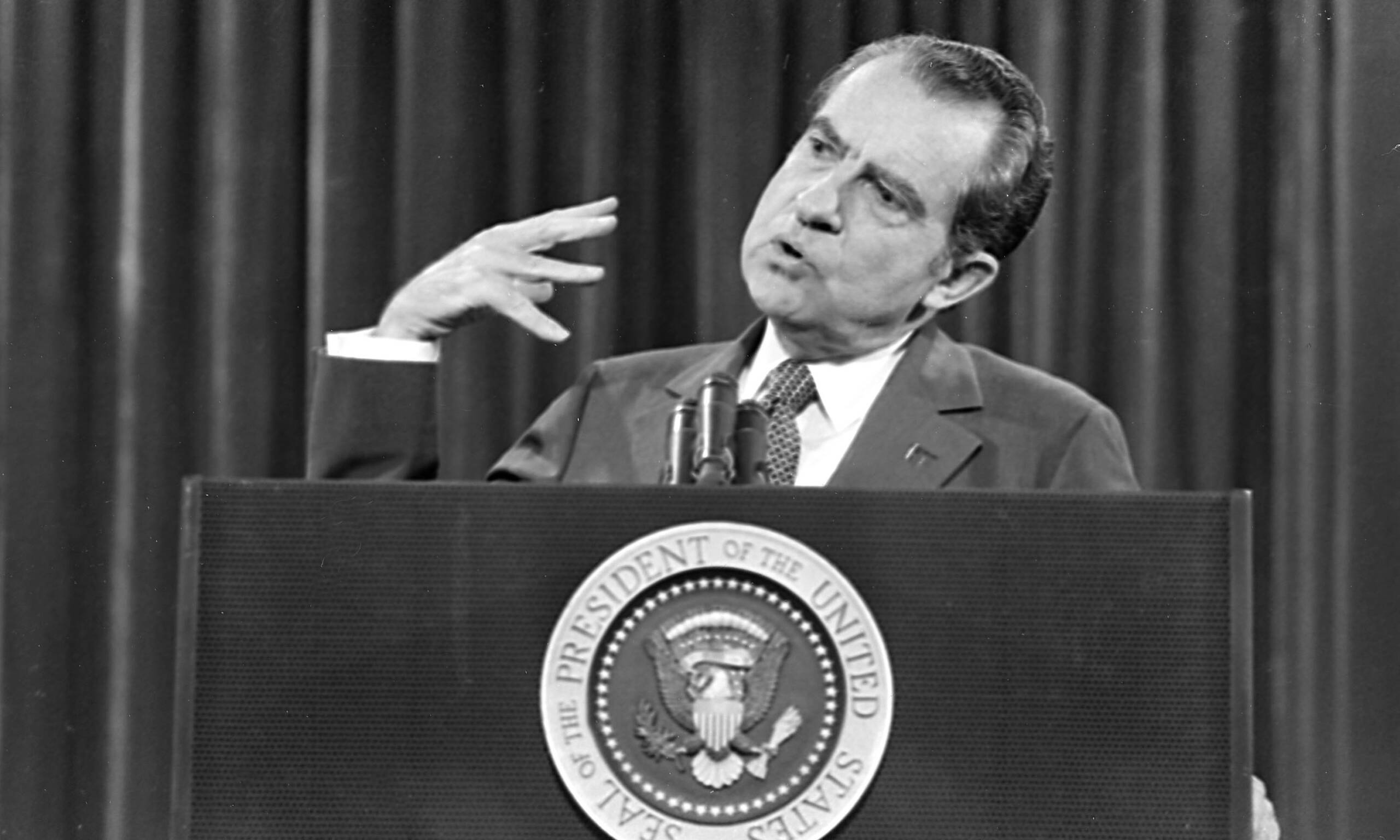Watergate: August 9, 1974, Nixon announced his resignation. Today we are at the 49th anniversary

The Watergate scandal was one of the most serious episodes of political corruption in the history of the United States, which led to the resignation of President Richard Nixon in 1974. A non-linear president, who in any case had achieved some results, but surrounded by too many bunglers, too much wielding, and in the end he partially paid for his mistakes. Today, 49 years have passed since his resignation.
It all began on June 17, 1972, when five men were arrested for introducing bugs into the Watergate Complex, a Washington building that housed the offices of the Democratic National Committee, Nixon's opponent in the presidential elections that year. Those arrested were linked to the Presidential Re-election Committee (CRP), an organization created by Nixon to finance and manage his election campaign.
The break-in at Watergate was not an isolated case, but was part of a series of illegal and covert operations ordered by Nixon and his closest associates to spy on and sabotage their political opponents, especially the Democrats. These operations also included wiretapping, document theft, infiltration of agents, illicit financing and crime cover-ups.
The truth about the Watergate scandal was discovered thanks to the journalistic investigation conducted by two Washington Post reporters, Bob Woodward and Carl Bernstein, who relied on anonymous sources and confidential documents to reveal the White House's responsibilities to the public. One of their most important sources was the so-called "Deep Throat", who turned out to be Mark Felt, the deputy director of the FBI.
The journalistic investigation aroused the interest of public opinion and the judiciary, which opened several investigations into the scandal. One of the most relevant was that of the Senate Commission, chaired by Senator Sam Ervin, which held public hearings broadcast on television between May and July 1973. You can imagine what followed these live broadcasts. In these hearings, several witnesses confirmed the White House's involvement in the scandal and revealed the existence of a secret recording system installed by Nixon in his office.
The Watergate tape recordings became the most decisive evidence to prove Nixon's guilt, who tried in every way to prevent its disclosure. On October 20, 1973, Nixon ordered Attorney General Elliot Richardson to fire Special Prosecutor Archibald Cox, who was charged with investigating the scandal. Richardson refused and resigned, as did his deputy William Ruckelshaus. The third in line, Robert Bork, carried out the order and fired Cox, although it seems that he too wanted to resign, but was advised against by Richardson and Ruckelshaus. . This episode was called "the Saturday Night Massacre" and had a strong negative impact on Nixon's image.
In November 1973, Nixon gave a televised speech in which he declared that he was not involved in the scandal and uttered the famous line: "I am not a crook". However, the evidence against him piled up, and Congress began preparing impeachment proceedings to charge him with obstruction of justice, abuse of power, and contempt of Congress.
The final blow came in August 1974, when the Supreme Court ordered Nixon to turn over the Watergate tapes to Special Prosecutor Leon Jaworski. Among these tapes was the one known as "smoking gun", recorded on June 23, 1972, in which Nixon discussed with his chief of staff HR Haldeman how to use the CIA to block the FBI investigation into the Watergate. This tape proved that Nixon knew about the scandal from the beginning and used his power to cover up those responsible.
Faced with this overwhelming evidence, Nixon had no choice but to resign. On August 9, 1974, Nixon announced his resignation in a televised address, becoming the first and so far only US president to leave office before his term expired. The next day, Nixon left the White House and boarded the Marine One helicopter, saluting with his signature two-V gesture.
Nixon's successor was his vice president Gerald Ford, who on September 8, 1974 granted him a full pardon for crimes committed during his presidency. This decision was highly controversial and contributed to Ford's defeat in the 1976 presidential election. He was succeeded by Democrat Carter, but his presidency, in many ways, was no less disastrous, but that's another story
The Watergate scandal had a profound impact on American politics and society, undermining public trust in institutions and government. Nixon, once an extremely powerful politician in the Republican Party, who had been in the game since the late 1950s (he had been l Kennedy's opponent) disappeared. A new era began for the Republican party, the Raegan era.

Thanks to our Telegram channel you can stay updated on the publication of new articles from Economic Scenarios.
The Watergate article: August 9, 1974, Nixon announced his resignation. Today we are at the 49th anniversary it comes from Scenari Economici .
This is a machine translation of a post published on Scenari Economici at the URL https://scenarieconomici.it/watergate-9-agosto-1974-nixon-annunciava-le-sue-dimissioni-oggi-siamo-al-49imo-anninversario/ on Wed, 09 Aug 2023 19:17:35 +0000.




